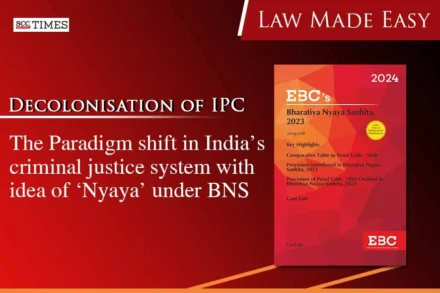
Decolonisation of IPC | The Paradigm shift in India’s criminal justice system with idea of ‘Nyaya’ under BNS
The Bharatiya Nyaya Sanhita, 2023 flows in the right direction, replacing the Penal Code, 1860 and is enforced from 01-07-2024.

The Bharatiya Nyaya Sanhita, 2023 flows in the right direction, replacing the Penal Code, 1860 and is enforced from 01-07-2024.

“Though the charge sheet is filed after due investigation without prior permission of the Court and that the Magistrate has accepted the charge sheet and taken the cognizance, it does not mean that permission is granted by the Magistrate to investigate such non-cognizable offence.”
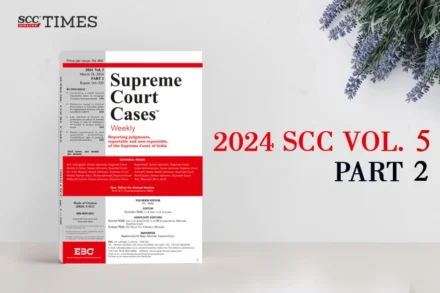
Arbitration and Conciliation Act, 1996 — S. 11(6) — Issue of limitation — Adjudication of, as an admissibility issue at the stage
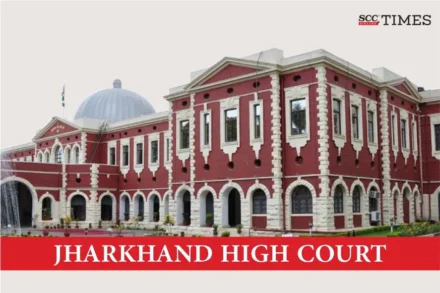
The Court stated that to speak or not to speak has always been a dilemma for a person called for giving his statement before the Customs Officer, Central Sales Tax Officer, Police Officer etc, as the implications are serious.
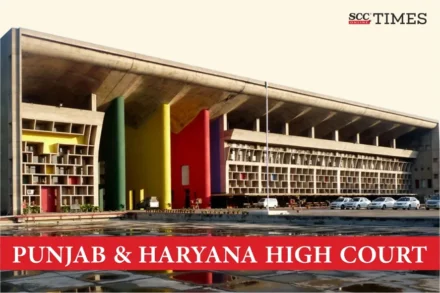
The Court stated that as the executive has largely been unsuccessful in curbing the escalating threat of cybercrime, one potential solution could involve limiting the maximum number of prepaid SIM cards per individual as cybercrime predominantly takes place through prepaid SIM cards.
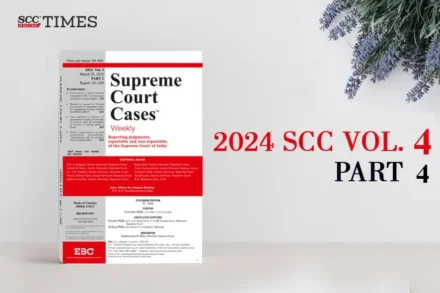
Arbitration and Conciliation Act, 1996 — Ss. 11(14) & Expln. thereto [as they stood prior to the 2019 Amendment Act], 31(8), 31-A,
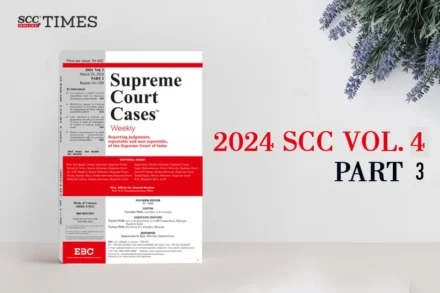
Appellate Jurisdiction under Section 37(2) of the Arbitration Act: Jurisprudence on the setting aside awards under Section 34 of the Arbitration Act

‘Victim would have thought that she would find monastery in the lap of her father, instead, he turned out to be a monster.’

The Court opined that it is faced with a situation where it has to balance the interest of the State and the Country on the one hand, and the longing of an accused to see his parents, who are unable to travel to Delhi.

“If such influence whether for monetary reason or under threat or coercion, if can be exercised over police and prison authorities so effectively who are basically enforcers of law then it can be well imagined how Abbas Ansari can effectively garner power to influence any witness or to persuade him to change his stand and this aspect if seen in light of the fact that the evidence is yet to commence”

Petitioner has shown remorse for his conduct and undertakes not to repeat the same in future. Respondent 2 also states that he has settled the disputes with the petitioner out of his own free will, volition and without any coercion.

“The essence of gender-neutrality must permeate through every line of a judgment, and a judge must cultivate thoughts that are inherently gender-neutral.”

“If a person committing suicide is hypersensitive and the allegations attributed to the accused are otherwise not ordinarily expected to induce a similarly situated person to take the extreme step to commit suicide, it will be unsafe to hold the accused guilty of abetment of suicide.”
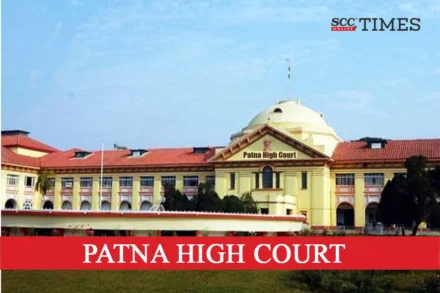
The amount of compensation is fixed as a token to remind the Judicial Officers that before taking cognizance and during judicial inquiry and trial, it is the bounden and obligatory duty to go through the complaint carefully and then take cognizance.
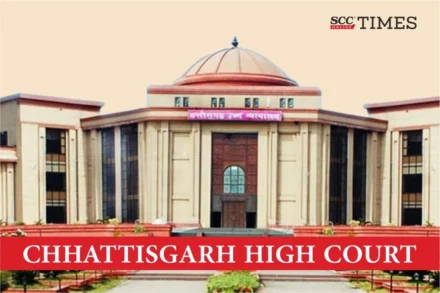
“Nothing can be more heinous than a crime committed on the person of a child by her father, the one who is duty-bound to provide her unflinching protection from all harm.”

“The quarrel at the time of incident and matrimonial differences provides a strong motive for falsely implicating the appellant subsequently.”

“A sentencing policy which is unusually mild and sympathetic in its operation would have a disastrous effect on society and would do more harm than good to public confidence in the efficacy of law.”

“Another reason which points towards the petitioner’s misconduct is that he was aware of the pendency of the writ petitions and other civil proceedings and quietly ignored all such while issuance of provisional allotment.”

“Applicants herein have joined investigation, as and when directed by the IO and there are no allegations of tampering with evidence or threatening any person associated with the case.”
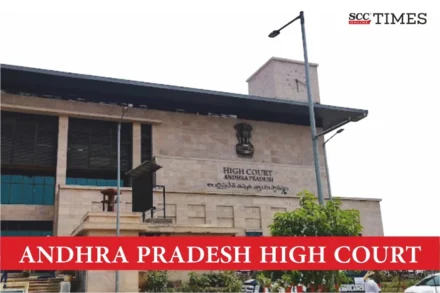
“In the case of lack of inducement or threat, the Court must be conscious of the fact that they are not dealing with criminals.”